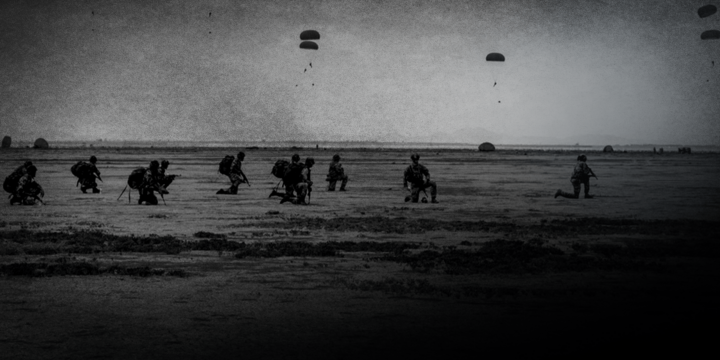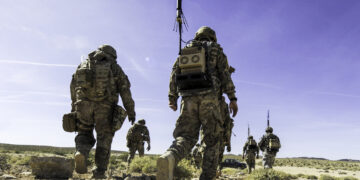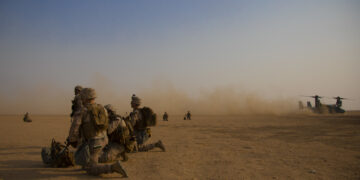On 11 September, massive floods created by Storm Daniel ruptured two dams built in the Seventies to protect Derna in eastern Libya, exposing its denizens to unstoppable torrents of water. The smell of rotting bodies and sewage seeping from busted pipes suffused the air. Bridges were broken, homes demolished. Contaminated water, wrecked sanitation systems, and the shortage of potable water has raised fears about the outbreak of cholera. The UN reports that 43,000 people have been displaced, with 11,300 killed and 9,000 still missing.
Though forgotten by the media in the face of more immediate Middle-Eastern tragedies, a UN mission is attempting to restore order. But such ambitions, reasonable in theory, fundamentally depend on the domestic political situation and whether the government in charge is competent or, as in Libya’s case, broken. Such analysis of Libya as a “failed state” is a longstanding characterisation in the West, and has similarly been revived in recent months as an explanation for the renewed flow of refugees to Europe.
But while blaming this on the breakdown of governance in Libya is a logical first step, we mustn’t stop there. That would be to ignore the roots of the dysfunction, which can be traced to the Nato-led intervention launched on 19 March, 2011. Libya’s state didn’t passively “fail”; the West triggered its failure through its programme of so-called humanitarian interventionism.
Author

Rajan
Menon
Non-Resident Senior Fellow
More on Africa

Featuring Daniel DePetris
November 6, 2024
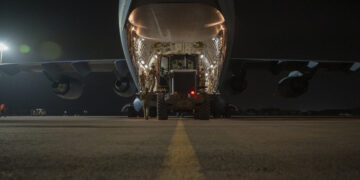
By Mike Sweeney
October 18, 2024
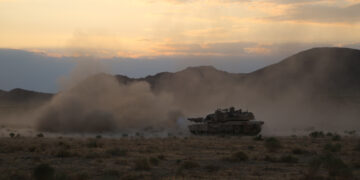
Featuring William Walldorf
May 1, 2024
Events on Africa
